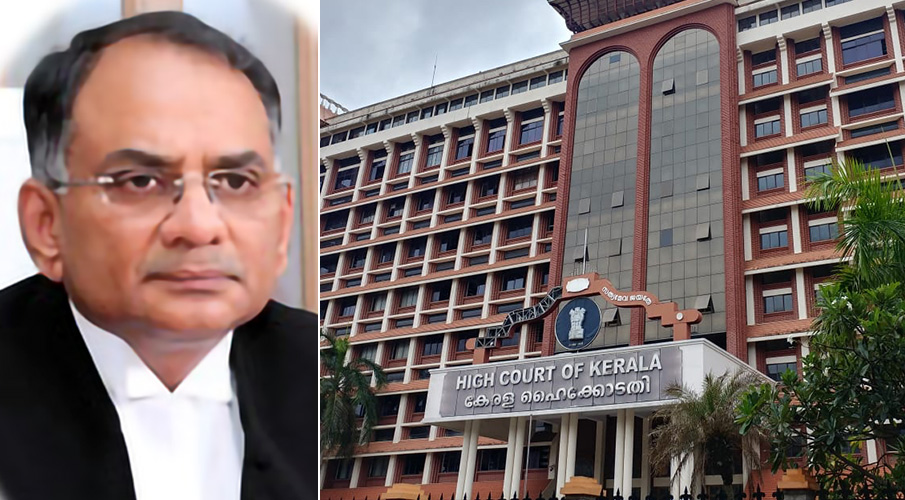Says that they are born twice due to good deeds, sparks controversy

Sparking controversies and criticisms, a sitting judge of the Kerala High Court, Justice V Chitambaresh recently made casteist remarks at a ‘Tamil Brahmin’s Global Meet’ conducted on Friday in Kochi by Kerala Brahmana Mahasabha.
Calling Brahmins dwijhanmana or twice born, he went on to describe some supposed characteristics of Brahmins saying that they have “clean habits, lofty thinking, sterling character, mostly a vegetarian, a lover of Carnatic music” and basically “all good qualities rolled into one”. These ideas have been previously contested by scholars on the basis that this promotes the concept of pure and impure, where, while the Brahmins are seen to be of pure origins, the Dalits and Other backward castes are seen as impure.
The judge proceeded to opine about the ‘rich heritage’ of Agraharams (temple land given to Brahmins by kings) remarking that the areas around such land should be preserved. “There are innumerable agraharams in Kerala, which needs to be preserved. There is a rich cultural heritage. The agraharams have to be declared as heritage source and we shall not permit any flat to be built in between the agraharams – in between the houses in the agraharams.“
Though he kept saying that “it may not be proper” for him to “express any opinion” he called on the Brahmin community to agitate for economic reservation saying that there is a platform for Brahmins to “agitate or to voice” their “concern about economic reservation alone, and not caste or communal reservation.” He said, “Of course, there is a 10% reservation for economically backward classes. A son of a Brahmin cook, even if he falls within the non-creamy layer zone, will not get any reservation. Whereas, a son of a timber merchant who belongs to other backward communities will get reservation if he is within the non-creamy layer zone. I am not expressing any opinion at all, it is for you to deliberate and put forward your opinion.”
The judge then moved to remark that “more of Veda Padshaalas which are now dwindling should be encouraged”.
Towards the conclusion, he said that the Brahmins should always be at the helm of the affairs. “It may be noted that a Brahmin is never communal, he is always considerate, he is an ahimsavadi (proponent of peace). He loves people, he is one who liberally donates for any laudable cause. Such a person should always be at the helm of affairs for which this Tamil Brahmin meet will definitely be a turning point,” he said.
An alumnus of Government Law College, Thiruvananthapuram, Justice Chitambaresh started his practice in 1981 and was designated Senior Advocate in November 2007. In November 2011, he was sworn-in as an Additional Judge of the Kerala High Court. In December 2012, he was made permanent judge.
His remarks, which can be easily called casteist, were criticised by social media users. Senior Counsel Abhishek Manu Singhvi said on Twitter that he disagreed with the judge. “I would simply disagree with Lordship and say that all humans are born equal,” Singhvi tweeted.
Having a clearly biased stand on caste, the judge has, in the past, upheld values of civil liberties.
In October 2017, a division Bench headed by him ordered the release of a Hindu girl from the detention of her family to marry her Muslim lover. He had said, “We caution that every case of inter-religious marriage shall not be portrayed on a religious canvas and create fissures in the communal harmony otherwise existing in the God’s own country.”
Last year, he also authored a judgment allowing a person to live with transgender community, dismissing the habeas plea of the mother.
However, it’s hard to say that these judgments can whitewash the blatantly casteist remarks the Judge has made at a time when the society if rife with caste based atrocities and even after 74 years of independence, caste discrimination has continued in the country.